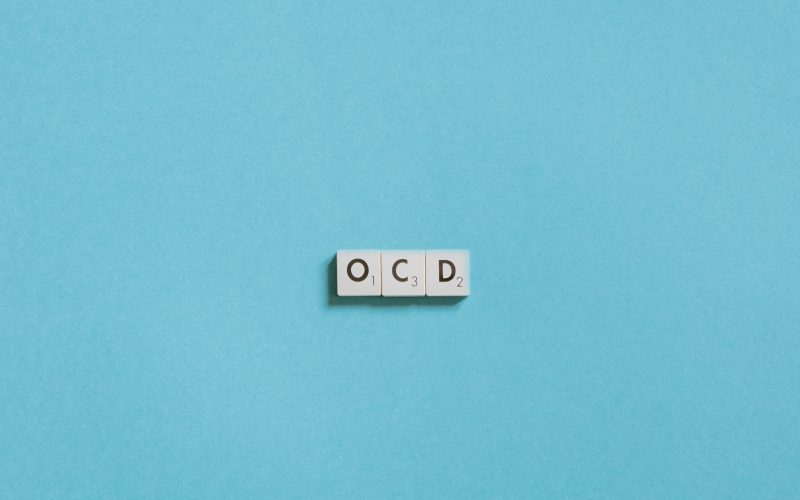Obsessive-compulsive disorder (OCD) is a mental health disorder that affects millions of people worldwide. OCD is characterized by persistent, unwanted thoughts (obsessions) and repetitive behaviors or mental acts (compulsions) that are aimed at reducing anxiety or preventing harm. However, these compulsive behaviors and mental acts often do not provide long-term relief and can interfere with daily life.
Here are some common myths about OCD and treatment options to help individuals with OCD:
Myth 1: OCD is rare
OCD is not as rare as people may think. According to the National Institute of Mental Health (NIMH), approximately 1 in 40 adults in the United States have OCD. It affects people of all ages, genders, and ethnicities.
Myth 2: OCD is just a habit or quirk
OCD is not just a habit or quirk that can be easily stopped. OCD is a mental health disorder that can be very distressing and interfere with daily life.
Myth 3: OCD is caused by bad parenting
OCD is not caused by bad parenting or personal weakness. OCD is believed to be caused by a combination of genetic, environmental, and neurological factors.
Myth 4: OCD is untreatable
OCD is treatable with a variety of approaches, including medication, therapy, and self-help strategies. Treatment can help reduce the symptoms of OCD and improve quality of life.
Treatment Options for OCD:
- Cognitive-behavioral therapy (CBT): CBT is a type of therapy that helps individuals with OCD identify and change their thoughts and behaviors that contribute to their anxiety and compulsions.
- Exposure and Response Prevention (ERP): ERP is a type of CBT that involves gradually exposing individuals with OCD to their feared situations or objects while preventing them from engaging in compulsive behaviors.
- Medication: Medication can be effective in reducing OCD symptoms, particularly selective serotonin reuptake inhibitors (SSRIs) such as fluoxetine, sertraline, and fluvoxamine.
- Self-help strategies: Self-help strategies, such as mindfulness meditation and exercise, can also be effective in reducing OCD symptoms and improving overall mental health.
In conclusion
OCD is a common mental health disorder that can be effectively treated with a combination of medication, therapy, and self-help strategies. It is important to recognize and address the myths surrounding OCD to help individuals with the disorder receive the appropriate treatment and support they need to improve their quality of life.











